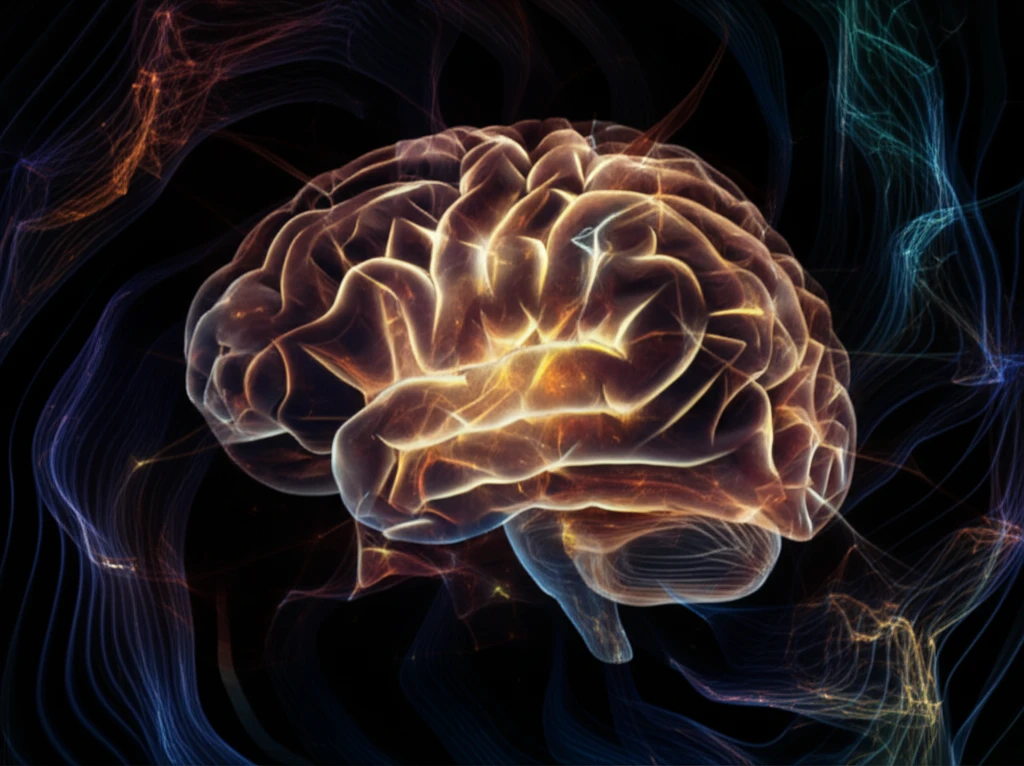
Unlocking Brain Health: New Insights from Neuroscience Research
"Dive into the latest findings on neuroprotection, brain plasticity, and innovative therapies for neurological disorders."
The human brain, a complex and delicate organ, remains one of the most intriguing frontiers of scientific exploration. Neuroscience research continues to unravel its mysteries, providing vital insights into brain function, neurological disorders, and potential therapeutic interventions. This article delves into recent advancements in neuroscience, shedding light on breakthroughs that promise to revolutionize our understanding and treatment of the brain.
Neuroscience encompasses various disciplines, including molecular biology, genetics, physiology, and behavioral science. By integrating these perspectives, researchers are developing a more holistic understanding of the brain. This holistic approach is essential for addressing the multifaceted challenges posed by neurological conditions such as Alzheimer's disease, Parkinson's disease, stroke, and traumatic brain injury.
In this article, we will explore key research areas, including neuroprotection strategies, brain plasticity mechanisms, and innovative therapeutic approaches. We aim to make this complex information accessible and engaging, providing you with valuable insights into the future of brain health.
Neuroprotection: Shielding the Brain from Damage

Neuroprotection refers to strategies aimed at preventing or slowing the progression of neuronal damage and death following injury or disease. Researchers are actively exploring various neuroprotective agents and mechanisms to safeguard the brain from insults.
- Antioxidants: Compounds like vitamin E, vitamin C, and resveratrol can neutralize harmful free radicals, reducing oxidative stress.
- Anti-inflammatory Drugs: Agents such as curcumin and omega-3 fatty acids can mitigate inflammation, protecting neurons from immune-mediated damage.
- Glutamate Receptor Antagonists: Drugs like memantine can block excessive glutamate signaling, preventing excitotoxicity.
The Future of Neuroscience Research
Neuroscience research is rapidly advancing, offering hope for improved treatments and preventive strategies for neurological disorders. By continuing to explore the complexities of the brain, scientists are paving the way for a future where brain health is optimized and neurological diseases are effectively managed. As research progresses, it is essential to remain informed and proactive in adopting brain-healthy lifestyle choices.
